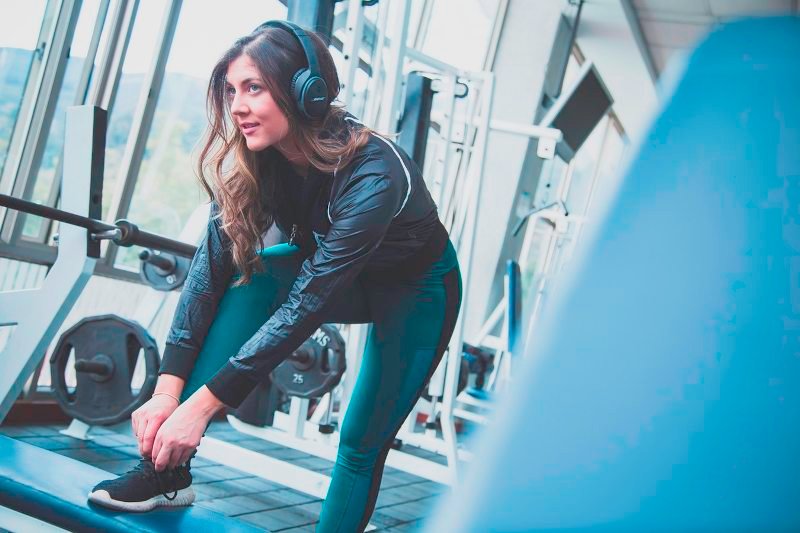
4 Physiological Advantages Of Exercise
Marathon runners, professional athletes, or those who exercise frequently tend to appear healthier as opposed to people who do not engage in exercise. Their bodies are fit, their muscles firm, and they tend to be more energetic. Physiologist has long been amazed by the similarities between the influences of aging and sedentary living, so much so that researchers have established that many of the standard symptoms of ageing might be in part due to inactivity. These influences include changes in your cardiovascular and respiratory system, bone mineral mass, cholesterol levels, joint flexibility, immune system functionality, bowel function, sensory abilities, sleep patterns, and intellectual capability. Here are some of the physiological advantages linked to exercise.
Helps With Maintaining Lung And Heart Fitness
The heart’s main function is pumping blood through more than sixty thousand miles of blood vessels. The heart beats about one hundred thousand times a day, contingent on your body’s activity. The respiratory system, which includes your lungs, provides your body with oxygen as well discards carbon dioxide through tiny air sacs in your lungs, called alveoli. Your heart’s capability to pump blood reduces at an average of fifty-eight percent between the ages of twenty-five and eighty-five. Your lung capacity by the age of seventy can lower by forty to fifty percent while muscle strength by twenty percent. As your heart becomes less effective with aging, oxygen is getting delivered to the muscles at a slower pace. Exercise boosts the size of your heart muscle as well as chamber volume, therefore greatly enhance its efficiency. An exercise physiologist Toowoomba can work out a custom exercise regime for you based on the relevant tests they have performed and your individual condition.
Decreasing High Blood Pressure (Hypertension)
Poor nutrition, a higher intake of medications and a sedentary lifestyle are all factors that elevate blood pressure in the elderly.
Subsequently, the heart must work a lot harder than usual due to a surplus of fluid in your bloodstream as well as constricted or narrowed arteries. Both the arteries and heart affect blood pressure. Alongside stress lowering therapies like meditation, yoga, biofeedback and hypnosis, frequent exercise can efficiently lower blood pressure.
Prevention Of Muscle Mass Loss

When individuals age, they start losing muscle mass with no appreciable body weight loss overall. They usually gain weight. Working out could build muscle mass in older people according to a 1990 study from Tufts University. Participants between the ages of 87 and 96 nearly doubled their leg muscle strength and enhanced thigh muscle size by nine percent by doing high-intensity resistance training with weights over a two-month period. They also showed enhanced mobility and performance tests.
Reducing Body Fat And Assist With Maintaining Optimal Body Weight
The advantages of exercise in assisting individuals with losing weight or maintaining a healthy body weight has been researched and documented extensively. Exercise helps with burning calories that are consumed as food and raising your basal metabolic rate (BMR). For a person to lose weight, their energy intake must be fewer than their energy expenditure. This is done by lowering calory intake (dieting) and by boosting the rate of burning calories (exercising).




